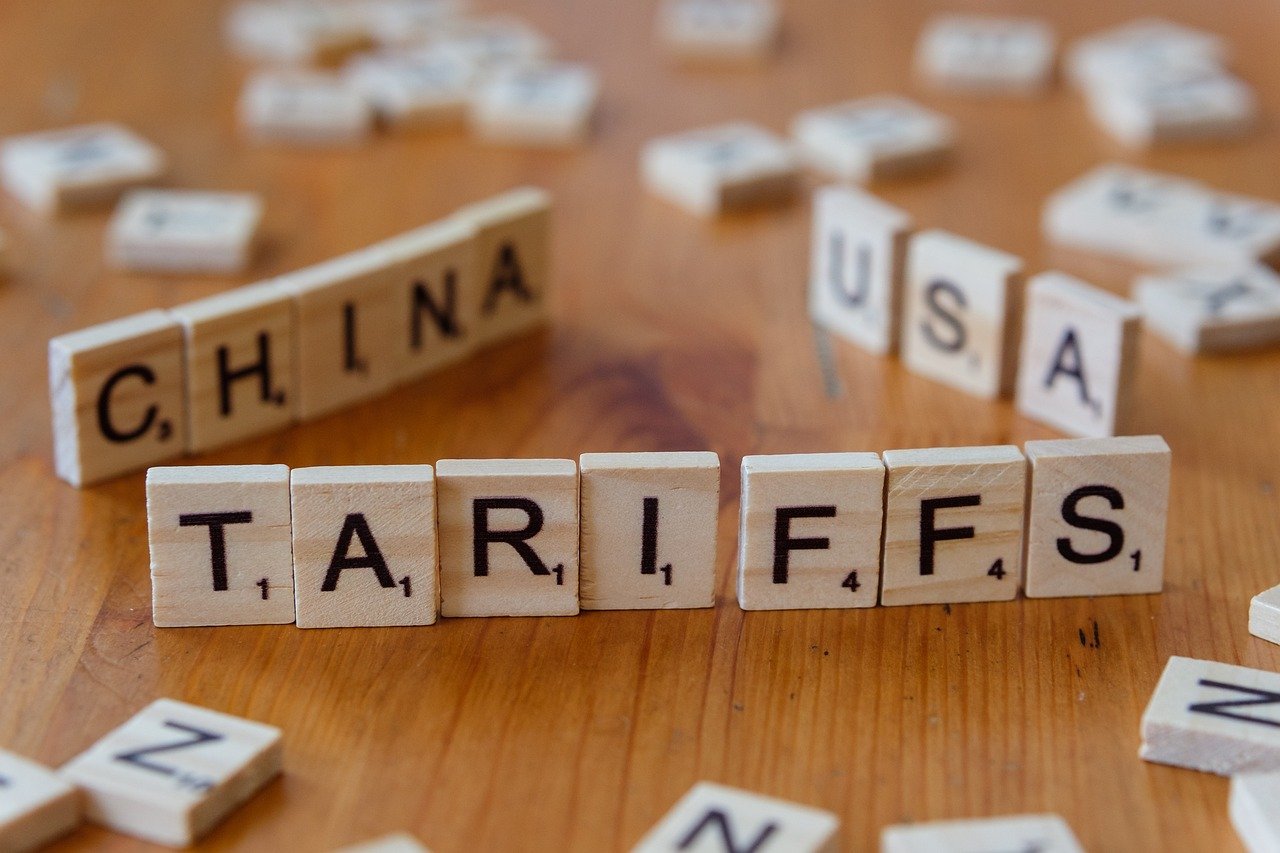Smart Approaches to Tariff Impact Analysis in USA for Global Traders
In today’s complex global trading environment, tariffs have become a critical factor for businesses importing and exporting goods. Conducting a tariff impact analysis USA allows companies to understand how duties, trade policies, and regulatory changes affect their supply chain, pricing, and profitability. For distributors, FMCG suppliers, and import/export businesses, this analysis is essential to maintain competitiveness in the U.S. market.
What Is Tariff Impact Analysis?
A tariff impact analysis examines how import duties and trade restrictions influence the cost of goods entering the United States. This involves assessing the direct impact of tariffs, potential exemptions under trade agreements, and the indirect effects on pricing, supply chain logistics, and profit margins.
Companies that proactively perform such analysis gain insights that help in strategic decision-making, risk mitigation, and cost management.
Key Components of Tariff Impact Analysis USA
1. Assessing Product Classifications
Every imported product must be accurately classified under the Harmonized Tariff Schedule (HTS). The correct classification determines the applicable duty rate and identifies if the product qualifies for preferential treatment under trade agreements. Misclassification can result in overpayment, fines, or shipment delays.
2. Evaluating Trade Agreement Benefits
The United States has multiple trade agreements, including USMCA and agreements with countries in the Caribbean Basin. A comprehensive tariff impact analysis identifies which imports may benefit from reduced or zero tariffs and ensures proper documentation is maintained to claim these advantages.
3. Calculating Direct and Indirect Costs
A thorough analysis includes:
-
Direct costs: Duties and import taxes
-
Indirect costs: Supply chain adjustments, shipping delays, and compliance costs
Understanding both types of costs allows businesses to forecast total import expenses accurately and adjust pricing or sourcing strategies accordingly.
4. Scenario Planning
Tariff policies can change rapidly due to trade disputes or geopolitical developments. Conducting scenario planning as part of a tariff impact analysis enables businesses to prepare for potential increases or decreases in tariffs. This flexibility helps prevent unexpected financial burdens and supply chain disruptions.
5. Monitoring Regulatory Compliance
U.S. Customs and Border Protection (CBP) enforces tariff rules strictly. Ensuring compliance reduces the risk of fines, penalties, and delays. A detailed analysis of tariff implications also identifies areas where advisory support may be needed to resolve potential disputes.
Benefits of Conducting a Tariff Impact Analysis
-
Cost Optimization: Identify ways to reduce import duties and operational costs.
-
Risk Management: Anticipate and mitigate financial exposure from tariff changes.
-
Strategic Sourcing: Make informed decisions about suppliers, sourcing countries, and shipment methods.
-
Regulatory Compliance: Stay ahead of CBP rules and trade policies.
-
Competitive Advantage: Streamline supply chains and maintain profitability in price-sensitive markets.
Role of Trade Advisory Services
Businesses often rely on experts specializing in international trade dispute advisory in USA to conduct detailed tariff impact analysis. These professionals can:
-
Identify opportunities for tariff reductions
-
Review HTS classifications and compliance documents
-
Provide scenario planning for trade policy changes
-
Resolve disputes with customs authorities
Working with trade advisory services allows businesses to focus on growth while minimizing financial and operational risks associated with tariffs.
Conclusion
A tariff impact analysis USA is a strategic tool that enables businesses to navigate U.S. import duties, optimize costs, and maintain regulatory compliance. By assessing product classifications, leveraging trade agreements, calculating direct and indirect costs, and planning for multiple scenarios, companies can protect their profitability and streamline operations.
Wigmore Trading can help businesses perform thorough tariff impact analyses, providing insights and solutions tailored to your supply chain needs.
Contact Wigmore Trading today to understand the impact of tariffs on your imports and optimize your international trade strategy.








Comments are closed.